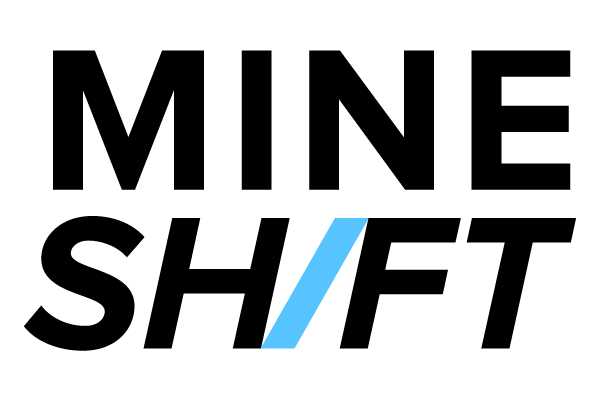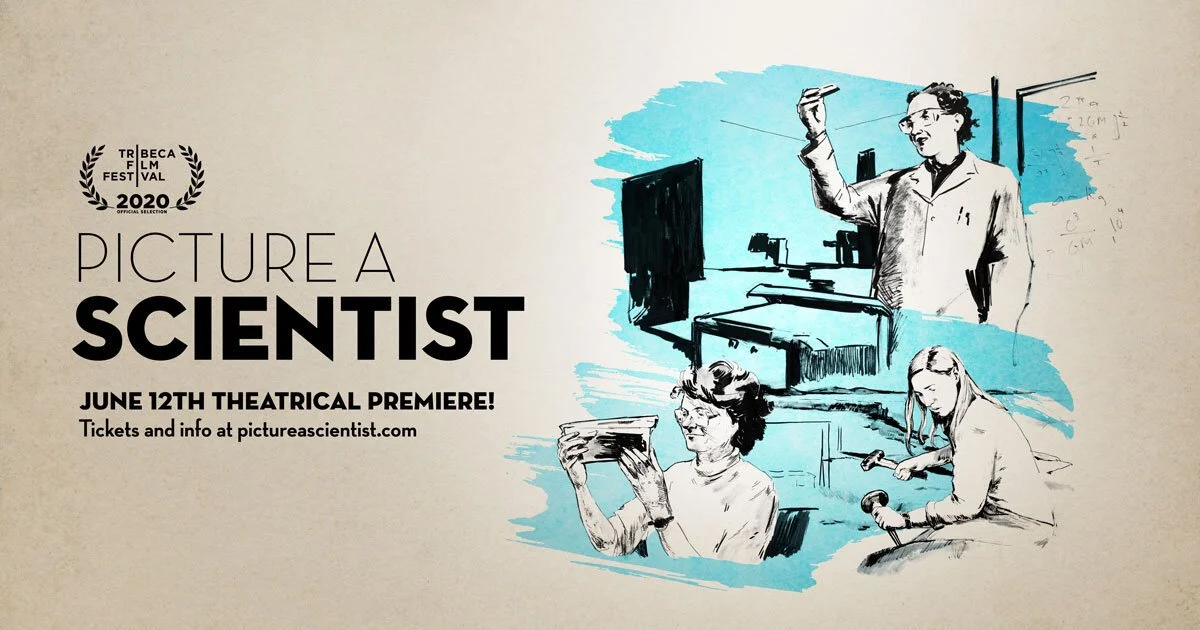Newsletter No. 3 – We are still here!
Well, it is still a different world out there. We are still here doing our thing, just a little more differently due to pandemic restrictions. Thanks so much for keeping with us! We do have a few things on the go...
The Me Too Mining Association (MTMA) was founded to facilitate a conversation about, and help eliminate tolerance for sexual violence, harassment, bullying, intimidation, and discrimination experienced by workers in mining, mineral exploration and mining impacted communities. We are working hard to empower the workforce with bystander intervention strategies and to offer policy and training recommendations to companies, workers, and other stakeholders.
MTMA created the DIGGER Program, which includes active bystander intervention strategies, guidance on engaging a target, important information to record after an incident and options for reporting.
Our goal throughout is to contribute towards safe, inclusive, and respectful workplaces and communities for everyone.
Workplace Allies: Who are they, what they do, and how to be one
“For too long, leaders from majority groups have helped preserve the status quo, which favours them, by relegating diversity, equity and inclusion (DEI) efforts to human resources instead of using their own power to effect change.”
Excerpt from ‘Be a Better Ally” Harvard Business Review
A workplace ally can be defined as someone who is not a member of an underrepresented group, but who takes action to ensure the success and support of that group. It is important for those who hold positions of power to utilize that power and create a more inclusive workplace.
Traditionally, mining has been classified as a male dominated industry as men comprise about 80% of the workforce. Now more than ever, it is essential for this majority to utilize their voice and credibility to uplift underrepresented groups. We need to see not only respect for women, racial minorities and LGBTQ2S+ people in the industry, but the majority must step up and out of their comfort zones to become allies.
Institutional and corporate change starts when leaders’ take responsibility for their own attitudes and behaviors. It is not enough to divert responsibility for inclusion and diversity to others and be satisfied that the work is done. It is up to everyone, but especially those who have leadership positions, to be active allies.
Just because you may not witness or have experiences of your own with inappropriate workplace behaviours, does mean they are not happening to your coworkers.
A 2019 study of US corporations found that:
Gender discrimination in the Workplace is experienced by 42% of women but 85% of men said not observed nor present
Sexual harassment in the Workplace is experienced by 38% of women but 77% of men said not observed nor present
There is a disconnect between the perceptions of inclusion and workplace safety by men and the lived experiences of women. As we see by these statistics, men often do not observe or experience discrimination or harassment that can occur in the workplace.
Workplace allyship is not just for men and the majority to further. As more women and minorities work their way through the industry it is important to note that we need to stand in solidarity with and for each other.
Over years of being in a male dominated industry, women and other minority workers have found ways through, over and around obstacles, sometimes forgetting that a career should not be so hard. Often, a thick layer of armor has developed, and it may be easy to dismiss or deny others experiences because you have already lived them. Female allies need not only continue to build a better path for the next generation, but must strive to remove that armor and be their authentic selves at work, support each other and ensure forward movement for everyone.
So, how can we be effective allies?
Knowledge is Power- educate yourself first
Build trust with coworkers and ensure a transparent and welcoming environment for newly hired and experienced workers. Believe others’ experiences. Listen and ask questions.
Advocate, Sponsor and Mentor talented workers from entirely different racial, gender, sexual or cultural backgrounds. Get to know, challenge, and encourage them.
Be a catalyst and lead systemic workplace changes to policies, practices, and culture that fosters an environment where people can share their experiences, feel heard and see action.
Additional Resources:
Harvard Review- Be a Better Ally
Promundo- So, You Want To Be A Male Ally For Gender Equality?
The Muse- What Is An Ally?
Karen Caitlin- The Better Allies Approach To Hiring
'Picture a Scientist'
PICTURE A SCIENTIST chronicles the groundswell of researchers who are writing a new chapter for women scientists. Biologist Nancy Hopkins, chemist Raychelle Burks, and geologist Jane Willenbring lead viewers on a journey deep into their own experiences in the sciences, ranging from brutal harassment to years of subtle slights. Along the way, from cramped laboratories to spectacular field stations, we encounter scientific luminaries - including social scientists, neuroscientists, and psychologists - who provide new perspectives on how to make science itself more diverse, equitable, and open to all.
Interested in the documentary? The Society of Economic Geologists (SEG) will be hosting an online showing between March 26th and 29th followed by a panel discussion on March 29th at 2pm PST, 2021. Stay tuned for more details.
Watch the trailer
Bystander Intervention Training for Safe, Inclusive and Respectful Workplaces and Academia
MTMA created DIGGER, a training program that empowers workers to intervene when inappropriate workplace behavior happens to them or in their presence through:
Direct actions
Indirect actions
Get a co-worker
Get an authority
Engage the target
Record and report
The DIGGER program teaches attendees:
To identify inappropriate workplace behaviors and their consequences to workers, workplace cultures and companies
Skills to handle inappropriate situations appropriately and safely
To become an effective active bystander
Interested in the program? We'll come to you. Learn more here
Equality, Diversity and Inclusion in Geoscience Conference (EDIG)
In 2020, EDIG ran a survey asking people about their experiences with equality, diversity and inclusion related topics. They used this data to plan an online conference in December 2020 that ran over two days and included three speaking sessions.
Session 1: Where have we come from? Focused on a broad look of where we have come from and how we all need to come together to make geoscience more accessible and there was a presentation on the survey results. Only four talks from this session were available for viewing on the EDIG Conference YouTube channel
EDIG survey results summary (Dr. Jess Franklin)
Introduction to session 1 (Dr. Fergus McAuliffe)
Geoscience and the questions of inclusivity: A historical perspective (Prof. Pratik Chakrabarti) watch here
50 years ago in geology. How far we've come and how far we need to go (Prof. Suzanne O'Connell) watch here
Under-represented, not rare: We are here (Dr. Hendratta Ali)
Translating lived experiences and why this matters (Nicole Doucette) watch here
Stronger together (Dr. Rocío Caballero-Gill) watch here
Session 2: Where are we now? Focused on the specific challenges and barriers to access that many groups experience.
Challenging inappropriate workplace behaviors as allies & bystanders for a safe, respectful & inclusive workplaces (Susan Lomas)
Race and racism: underrepresented groups in geoscience (Dr. Kuheli Dutt)
Disability/ableism including mental health (Martin Griffen)
Navigating and succeeding in rocky spaces with a brown face (Dr. Anjana Khatwa)
Socio-economic status & mental health (title to be confirmed) (Dr. Brooke Johnson)
LGBTQ+ (Dr Craig Poku)
Intersectionality of challenges (title to be confirmed) (Alejandra Gomez Correa)
Watch session two talks here
Session 3: Looked at what is being done to promote inclusion and remove barriers, how to improve retention and discussed challenges faced by early career geoscientists
Early career professional: Shaping the future of geoscience (Lucy Crane)
Inclusive academia: A pipeline to industry (Prof. Ben Mapani)
An audit for action: BAME representation in the geosciences (Ben Fernando)
Six simple steps to make fieldwork more accessible and inclusive (Anya Lawrence)
Watch session three talks here
Where are we next?
Prospectors & Developers Association of Canada (PDAC) March 8-11, 2021
MTMA will be hosting a virtual booth
SEG Online Event April 8, 2021
MTMA will offer a presentation and discussion on Allyship and Bystander Intervention Strategies
Canadian Institute of Mining (CIM) May 3 - 6, 2021
MTMA will be speaking at this online event, with a presentation on Safe, Inclusive and Respectful Workplaces through Allyship and Active Bystanders
Check our website for updates here


